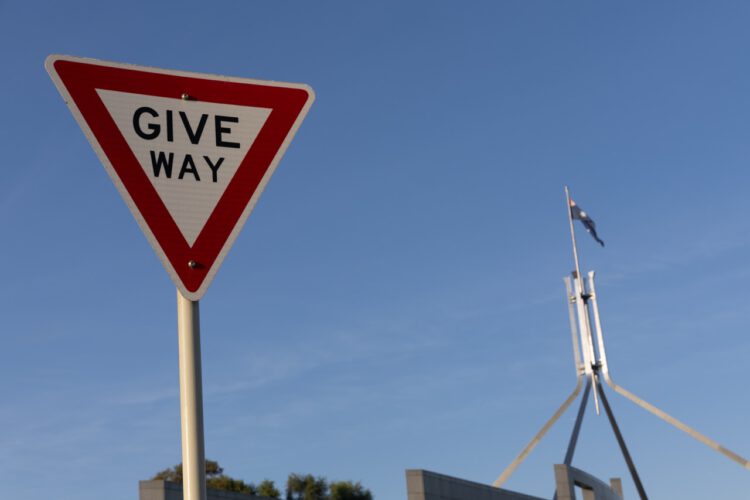Who wants an update on the electoral change bill shenanigans in the senate? I know you do!
It looks like the senate is having its own version of a bottle episode (a bottle episode is when budgets get a bit tight on sitcoms, so they have to have an episode where the entire cast remain on one set location – locked in a room, an elevator, you get the idea (the guy who created the 1960s show the Outer Limits came up with it, as a way of explaining how you could pull the cost genie out of the bottle)
So we are all stuck in the senate, where Labor is going through its own worse timeline as the Coalition continue to screw it over on the electoral reform bill.
There is an in-principle agreement between the two major parties. But the Coalition doesn’t seem to be in support of the hours motion Labor wants to put up to deal with the bill (which would change the senate’s sitting time to have the debate and vote by a certain time) one – because it seems it wants more, two – it enjoys toying with Labor by making it seem like it is across the line and then yelling SIKE at the last moment, three – it has done this before when Tony Abbott was leader and he backed out of a deal at the last moment to increase taxpayer funding for political parties at elections and four, because it wants to screw with the legislative agenda Labor has agreed to with the Greens and independents (you extend this one out and then you run out of time to do the other stuff).
All of this means WE HAVE A BOTTLE EPISODE.
For now. Things in the senate change quicker than my food fixations and let’s not forget that the Coalition doesn’t actually want the crossbench involved in any serious negotiations with Labor on this bill.

Loading form…